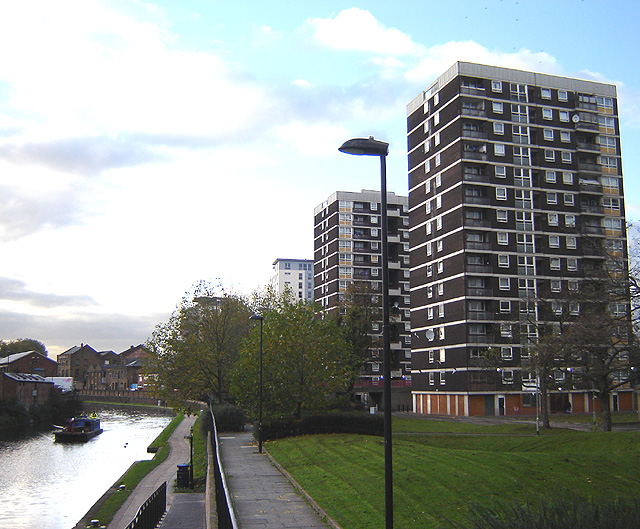 |
| Maria Alyokhina took this photograph of herself and Nadezhda Tolokonnikova in the back of a police van |
The two women had planned to shoot a music video for a new song, Putin Will Teach You to Love Your Motherland in a local Church. Given the vast and entirely unwarranted overreaction to the punk collective's now-famous protest at the Cathedral of Christ the Savior, it would perhaps not have been much of a surprise if they had been arrested during such an action. But they never made it. Instead, they were picked up by police whilst on their way to the planned protest. They have been accused of robbery, but as yet no charges have been filed.
Clearly, though, this accusation is pure nonsense. Perhaps, were the incident isolated, we might be persuaded to reluctantly swallow the official story. But it is not. At least nine people are in police custody for clearly political motives, among them former Italian MP and LGBT rights campaigner Vladimir Luxuria, with an unidentified number of others having been picked up but subsequently released. This assault on the rights and freedoms of both the Russian people and international visitors to the Winter Olympics host city is characteristic of the heavy-handed and oppressive Putin regime, but that the authorities have carried on their campaign of repression when the city is in the full glare of the international spotlight demonstrates both the cavalier ease with which they can carry out such actions and the security Putin feels in his control of the country. It is a fresh reminder, if any were needed, that this is a man and a government willing to do anything to maintain its iron grip.
But has Putin made a mistake? By re-arresting Alyokhina and Tolokonnikova, so soon after their two-year internment in separate Siberian concentration camps was cut short by the politically-motivated Amnesty Bill last December, huge publicity will surely be drawn to the political skirmishes around Sochi which, thus far, the media has been too blinded by the glittering spectacle of the games themselves to focus on. By making two women who have already been identified as targets of the Putin regime once more into martyrs for the cause, Putin will perhaps find the small but growing number of voices raised against his corrupt leadership become louder.
Whilst most Russians have sadly been sufficiently taken in by the conspiracy of Church and State to mutilate their morality that they are ambivalent towards, or even support, the persecution of minorities in their native country, there are enough who refuse to bow to Putin's warped image of the world to cause problems for his administration. The international community, meanwhile, whilst as ever slow to react has - in general - been a supporter both of Pussy Riot and the wider human rights campaign. As this news hits the headlines, perhaps it will start to filter through to the collective world consciousness that the problems in Russia remain as great now as they ever were - and perhaps now, finally, we might start to do something about it.
One thing is for certain - the neo-fascism of Vladimir Putin and his allies in the Orthodox Church is just as corrupt, just as damaging as the Stalinist perversion of Marxism in the old Soviet Union was. The rest of the world has a duty to respond to the plight of those people trapped by Putin's barbaric, coercive laws into a life of lies and violence and to do our best to rescue them from the clutches of what is, now more than ever, an evil empire.







